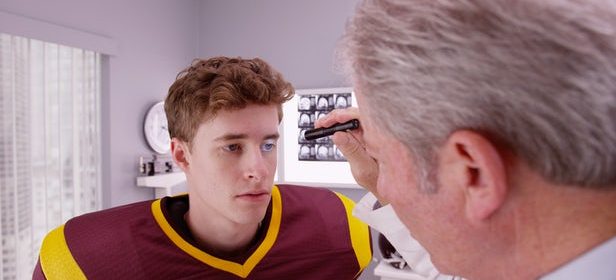Blood Test for Concussions

The Food and Drug Administration (FDA) has approved the use of the blood test for concussions. The handheld device is used to detect concussions or mild traumatic brain injuries in place of a CT SCAN. Banyan Brain Trauma Indicator is used to diagnose brain lesions, but the lesions are not common in most concussions.
The tests are very encouraging but are not the best at detecting the concussions. Approval for this device came through in about six months and experts are concerned about its results validity. Some cases the machines are not being properly used and may show incorrect information to the patient.
When a doctor draws some blood for the test, and it shows that the enzyme ubiquitin C-terminal hydrolase-L and protein glial fibrillary acidic protein are in the blood sample the patient will need to have a CT SCAN or MRI. If these are not present then the doctor will recommend that the patient doesn’t require the expensive scans. The FDA feels that this machine may reduce the patients x-ray exposure and save them money.
The Banyan Brain Trauma Indicator may be able to identify many brain bleeds, but it doesn’t replace the examinations for concussions completely. When diagnosing a concussion, the doctor will do tests to find out if the patient has balance problems, headaches, nausea/vomiting, noise/light sensitivity, pupil dilation, and cannot concentrate.
More testing is needed to be very sure that this device will accurately test for concussions before the coaches, parents, trainers, doctors, and athletes feel comfortable using it.

 Print
Print